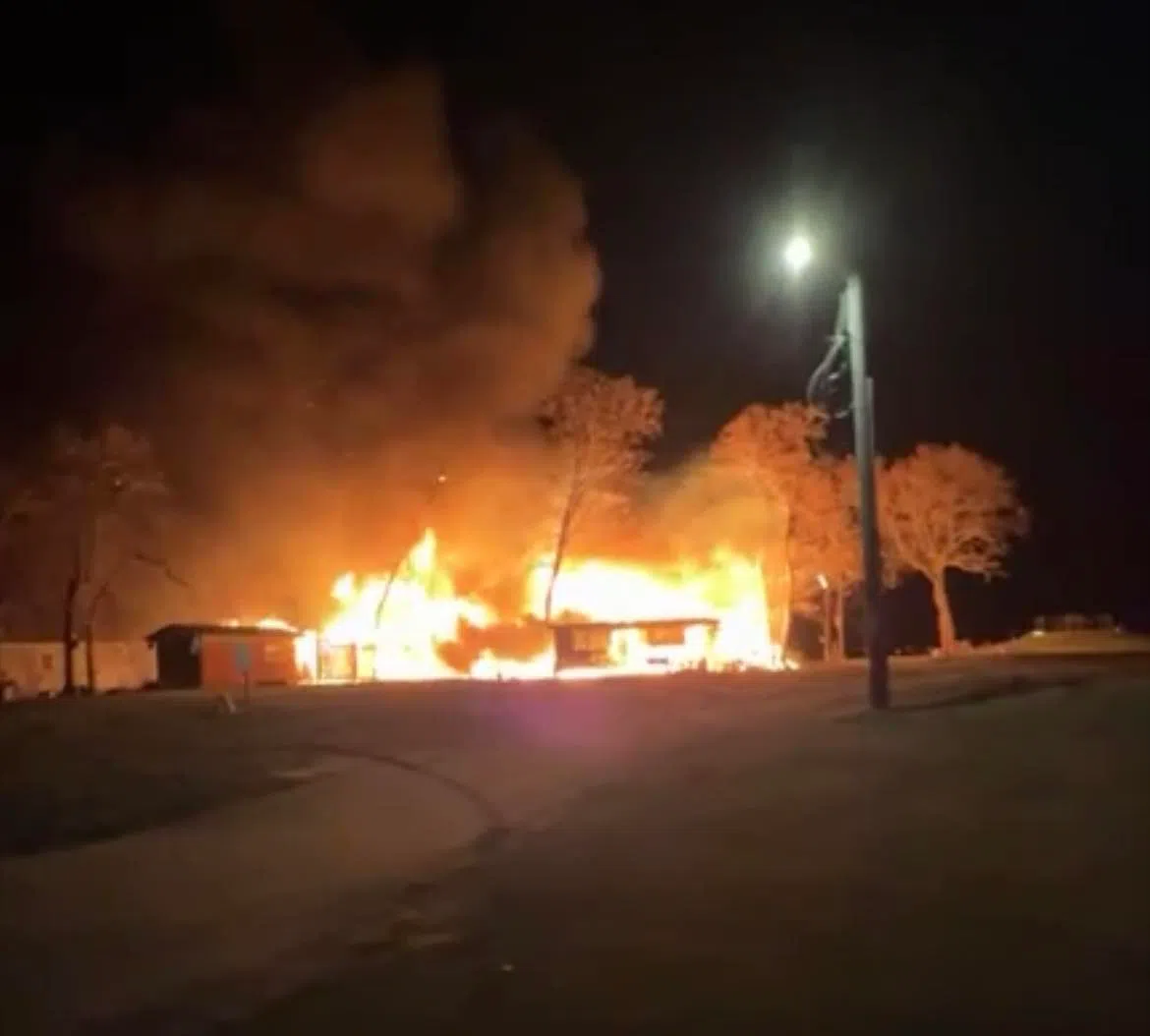Early Morning Blaze Destroys Three Cabins on Otter Tail Lake
A large fire early Saturday destroyed three unoccupied cabins on the 28000 block of Augustana Trail in Amor Township, leaving the structures as apparent total losses and prompting a multiagency response. The incident matters to local residents because it highlights property vulnerability, potential insurance and tourism impacts, and the demands placed on volunteer and regional fire services.

A pre-dawn fire on November 22 consumed three cabins on the northwest shore of Otter Tail Lake, north of Battle Lake, leaving no reported injuries but significant property loss. Crews responded just before 3 a.m. to the 28000 block of Augustana Trail in Amor Township. The Otter Tail County Sheriff’s Office reported that all three structures appear to be total losses and that the cabins were unoccupied at the time.
Firefighters from multiple departments converged on the scene, including Battle Lake, Ottertail, Underwood, Fergus Falls, Perham, and personnel from the State Fire Marshal’s Office. The broad response underscores both the severity of the blaze and the collaborative nature of emergency services in rural counties where resources are spread across several small towns.
For Otter Tail County residents the immediate significance is the clear loss of private property and the ripple effects that follow. Cabins on Otter Tail Lake contribute to local property tax revenue and to the visitor economy during warmer months. Even when structures sit empty out of season, replacement costs, cleanup, and potential insurance claims create economic fallout for owners and local contractors. The absence of injuries is a relief for the community and reflects the timing and circumstances of the fire, but the complete destruction of three buildings will have financial and emotional consequences for owners and neighbors.
The involvement of the State Fire Marshal’s Office indicates coordination beyond local fire departments. Officials have not released a cause. The presence of multiple agencies also highlights the operational demands that major fires place on volunteer and municipal fire services, which must mobilize personnel and equipment from a wide area to respond to serious incidents on the county’s lakefront.
Longer term, this event may prompt residents and policymakers to reassess fire prevention measures for seasonal and year round lake properties. That could include reviewing maintenance practices for utilities and heating systems, evaluating access for emergency vehicles on private roads, and ensuring adequate mutual aid agreements among nearby departments. Insurance carriers and property owners will likely review coverage limits and deductibles in light of the losses.
Investigations and recovery efforts are expected to continue as owners and local officials address cleanup and next steps. For now, the community is left to absorb the material losses and consider steps to reduce the risk of similar incidents in a county where lakeside cabins form an important part of local life and the regional economy.


